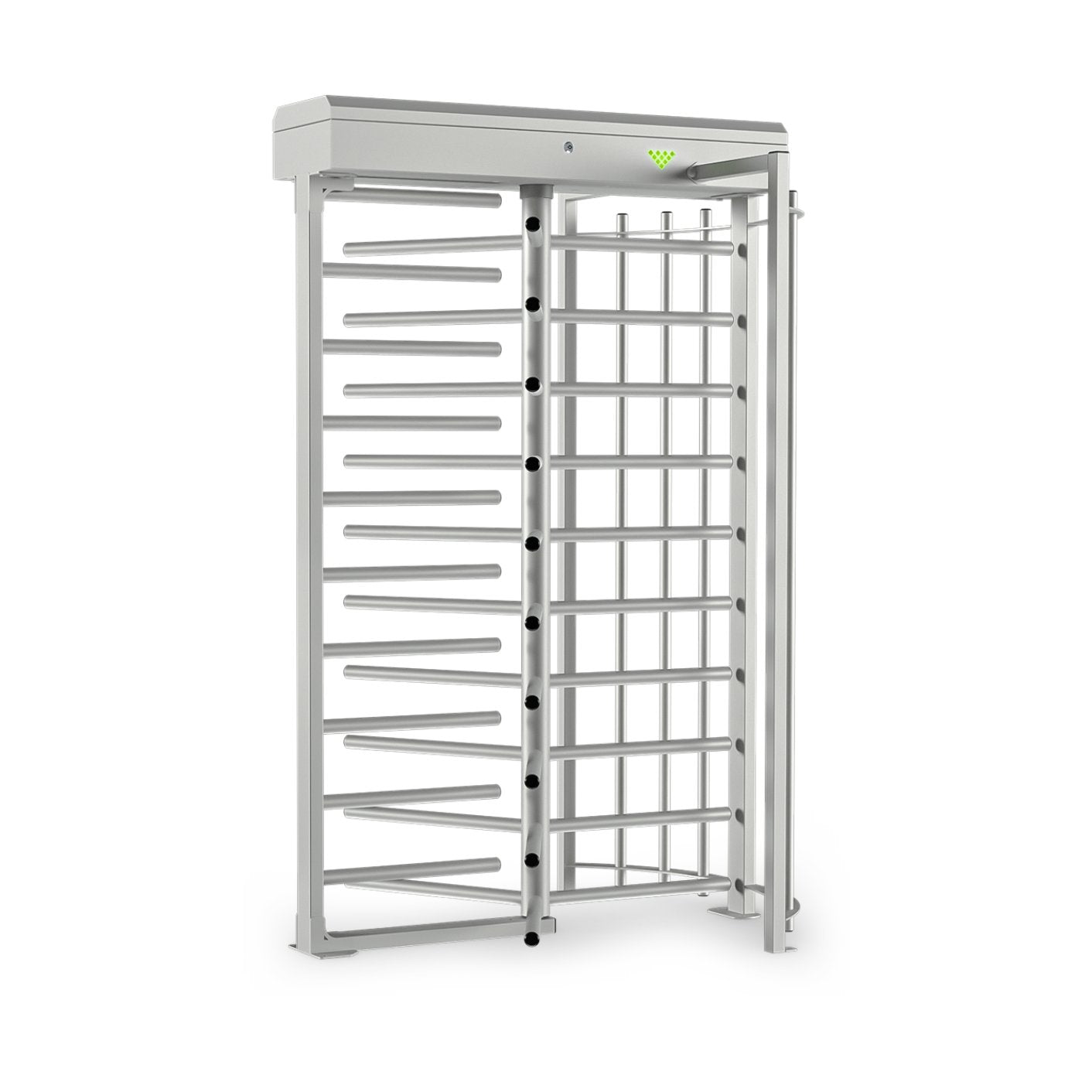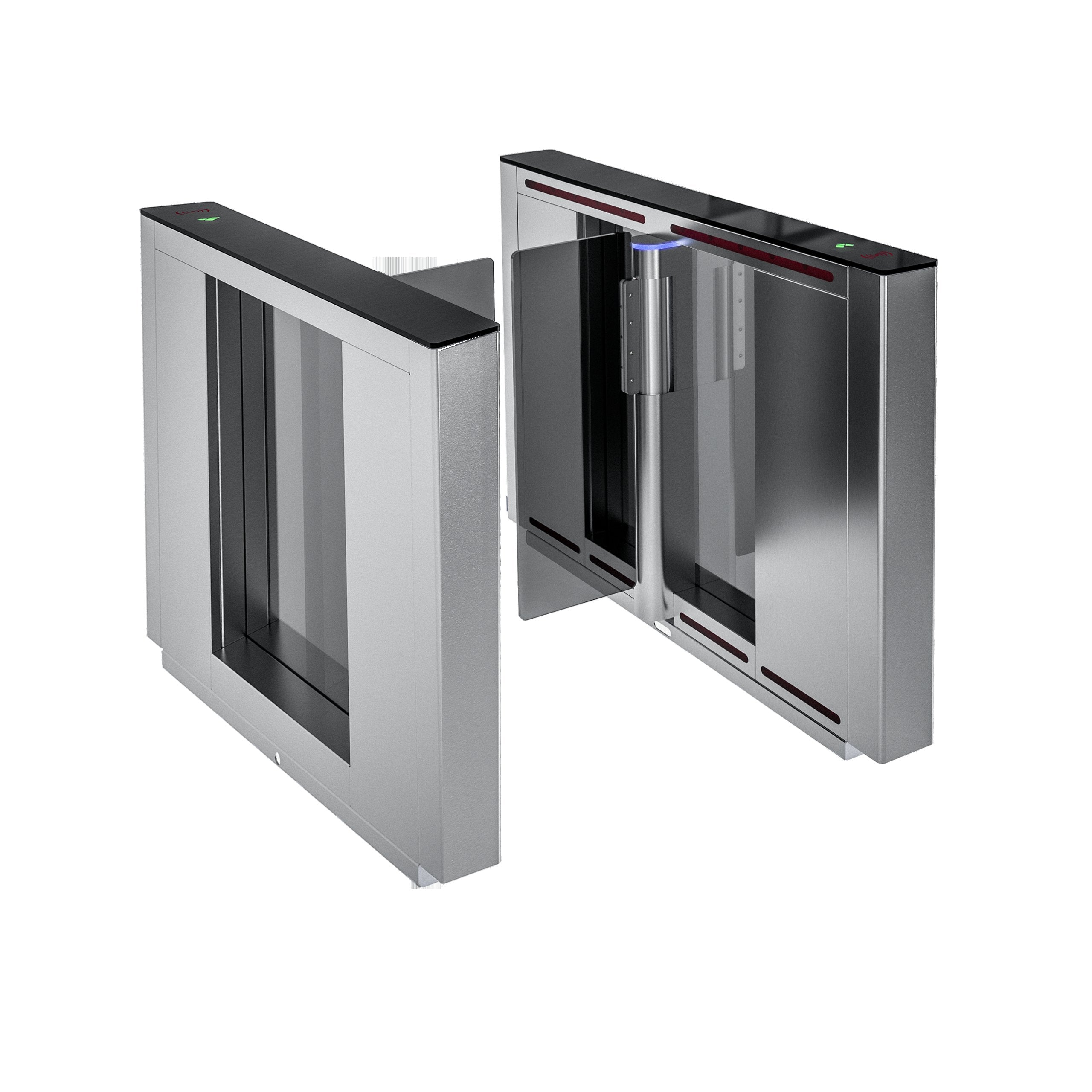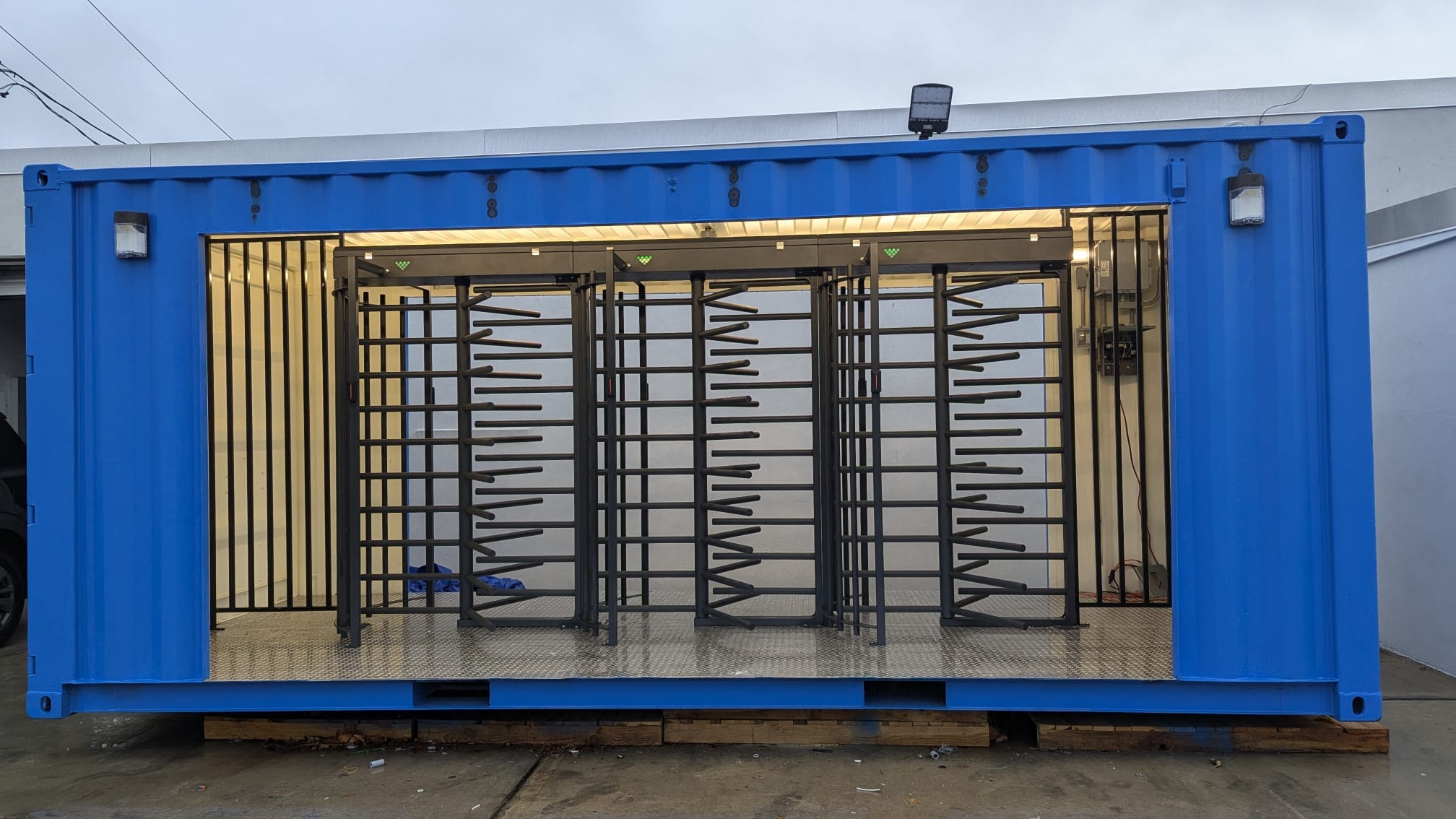Arm Barriers vs. Bollards: Which Is Better for Vehicle Access Control?
When securing vehicle entry points, two solutions are often considered: arm barriers and bollards. Both help regulate traffic and prevent unauthorized access, but they serve different purposes. This guide compares the two so you can choose the right fit for your facility.
What Are Arm Barriers?

Definition
Arm barriers (or boom barriers) use a mechanical arm that raises and lowers to allow or block vehicle passage.
Typical Uses
-
Parking lots and garages
-
Industrial facilities
-
Office complexes and gated communities
Average Cost (2025)
-
Standard automatic models: $2,500 – $4,500
-
High-security crash-rated models: $6,000 – $12,000+
What Are Bollards?
Definition
Bollards are short, sturdy posts designed to restrict or block vehicle entry. They can be fixed, removable, or automatic (rising bollards).
Typical Uses
-
City centers and pedestrian zones
-
Government buildings
-
Airports and high-security sites
Average Cost (2025)
-
Fixed bollards: $700 – $1,500 each
-
Rising bollards: $4,000 – $8,000 per unit
-
Crash-rated models: $10,000+ per unit
Key Differences Between Arm Barriers and Bollards
| Feature | Arm Barriers | Bollards |
|---|---|---|
| Primary Function | Controls access and manages traffic | Provides physical impact protection |
| Best For | Parking and regulated vehicle entry | High-security areas and urban zones |
| Cost Range | $2,500 – $12,000+ | $700 – $10,000+ (depending on type) |
| Security Level | Medium to high | High to very high (especially crash-rated) |
| Throughput | High — efficient for daily traffic | Lower — rising bollards can slow traffic |
| Installation | Moderate (foundation + power) | Higher complexity for automatic versions |
When to Choose Arm Barriers
Best Fit
-
Facilities with frequent vehicle entry and exit
-
Parking garages, gated communities, and logistics hubs
-
Sites where traffic control is the primary goal
Advantages
-
Efficient throughput
-
Affordable compared to bollards
-
Easy integration with access control systems
When to Choose Bollards
Best Fit
-
Government facilities, embassies, and military bases
-
Urban centers requiring pedestrian safety
-
Sites where impact resistance is critical
Advantages
-
Strong physical deterrence
-
Crash-rated models stop forced vehicle entry
-
Permanent or semi-permanent perimeter protection
FAQ: Arm Barriers vs. Bollards
Can I use both together?
Yes, many facilities install arm barriers for traffic flow and bollards for impact protection.
Which is more cost-effective?
Arm barriers are generally more affordable for traffic control, while bollards are a better investment for high-security zones.
Do bollards require more maintenance?
Rising bollards do, as they involve hydraulic or electromechanical systems. Fixed bollards require minimal upkeep.
Why Choose TurnIQ?
TurnIQ provides a full range of Titan Arm barriers and bollard systems to match your facility’s security requirements. Whether you need fast traffic control or maximum perimeter protection, our experts can design and install a tailored solution.
Need advice on barriers or bollards? Contact TurnIQ for a consultation.
Conclusion
Arm barriers and bollards both play important roles in vehicle access control. The right choice depends on whether your priority is efficient traffic management or maximum impact resistance. Many facilities use both solutions together to achieve layered security.





